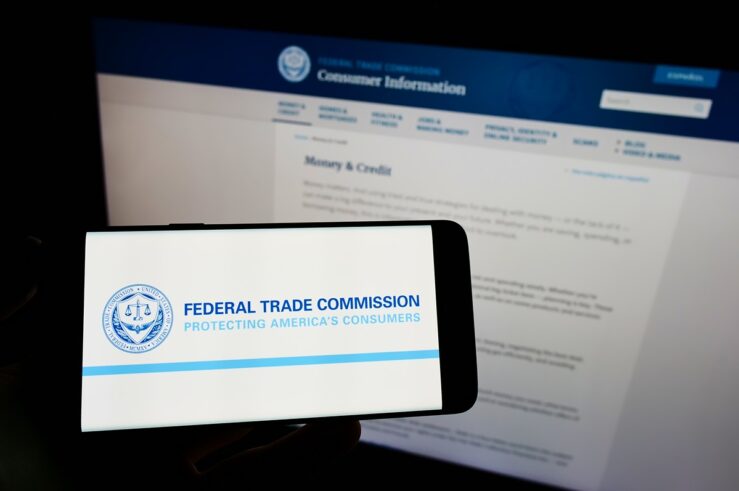Andy Kessler writes in Thursday’s WSJ:
With a heavy regulatory burden, payroll taxes and health-care costs, employing people is very expensive. * * * Tellers, phone operators, stock brokers, stock traders: These jobs are nearly extinct. Since 2007, the New York Stock Exchange has eliminated 1,000 jobs. And when was the last time you spoke to a travel agent? Nearly all of them have been displaced by technology and the Web.
Kessler asks “which jobs will be destroyed next?” To answer this he articulates the modern job dichotomy — not white vs. blue collar, but “creators” who drive productivity vs. “servers” who service creators. He says, “Many servers will be replaced by machines, by computers and by changes in how business operates.”
Kessler labels subsectors of the endangered service economy. They include “sloppers” who move things around and can be replaced with code; “supersloppers” who create Giffen goods like Rolex watches; and “slimers,” who work in finance and grease transactions, but not as well as electronic trading.
And then there are two categories of particular interest to lawyers: “Sponges” “who earned their jobs by passing a test meant to limit supply.” And “thieves” who “have a government mandate to make good money and a franchise that could disappear with the stroke of a pen.”
Lawyers fit in both categories.
Kessler notes:
eDiscovery is the hottest thing right now in corporate legal departments. The software scans documents and looks for important keywords and phrases, displacing lawyers and paralegals who charge hundreds of dollars per hour to read the often millions of litigation documents. Lawyers, understandably, hate eDiscovery.* * *
Like it or not, we are at the beginning of a decades-long trend. Beyond the demise of toll takers and stock traders, watch enrollment dwindle in law schools and medical schools.
Kessler’s article meshes with my recent posts on the costs of licensing and technology’s threat to lawyers.
But if lawyers are protected by their licenses, how will mere technology make this legally-conferred advantage disappear? I suggest a possible answer in my recent Law’s Information Revolution (which, by the way, is now on law review editors’ desks all over the country):
Innovators of legal information products comprise interest groups that can be expected to push against existing restrictions. As law-trained people flow into jobs as in-house counsel and creators of existing legal products and market analysts and leave more traditional jobs in big law firms, they will add to the pressure to change existing regulation that restricts these activities.
I recognize that the problem is not a simple one. Benjamin Barton demonstrates in a recent book (which I plan to discuss soon) the pervasiveness of the “lawyer-judge bias” which sustains the legal profession above other “sponges” and “thieves.”
But even if lawyers ultimately are the last sponges standing, they should not be feeling too comfortable right now.
Finally, a note to commentors on my “lawyers in jeopardy” post linked above: I do understand, and noted at the end of the post, that machines will not anytime soon replace all lawyers. My point is that lawyers will have to figure out what they do that is not easily replaced either by machines or by lower-priced people. In other words, what does “thinking like a lawyer” really entail, how do you learn it, and who does it well? Until now it meant passing a bar exam. We cannot count on that in the future.




